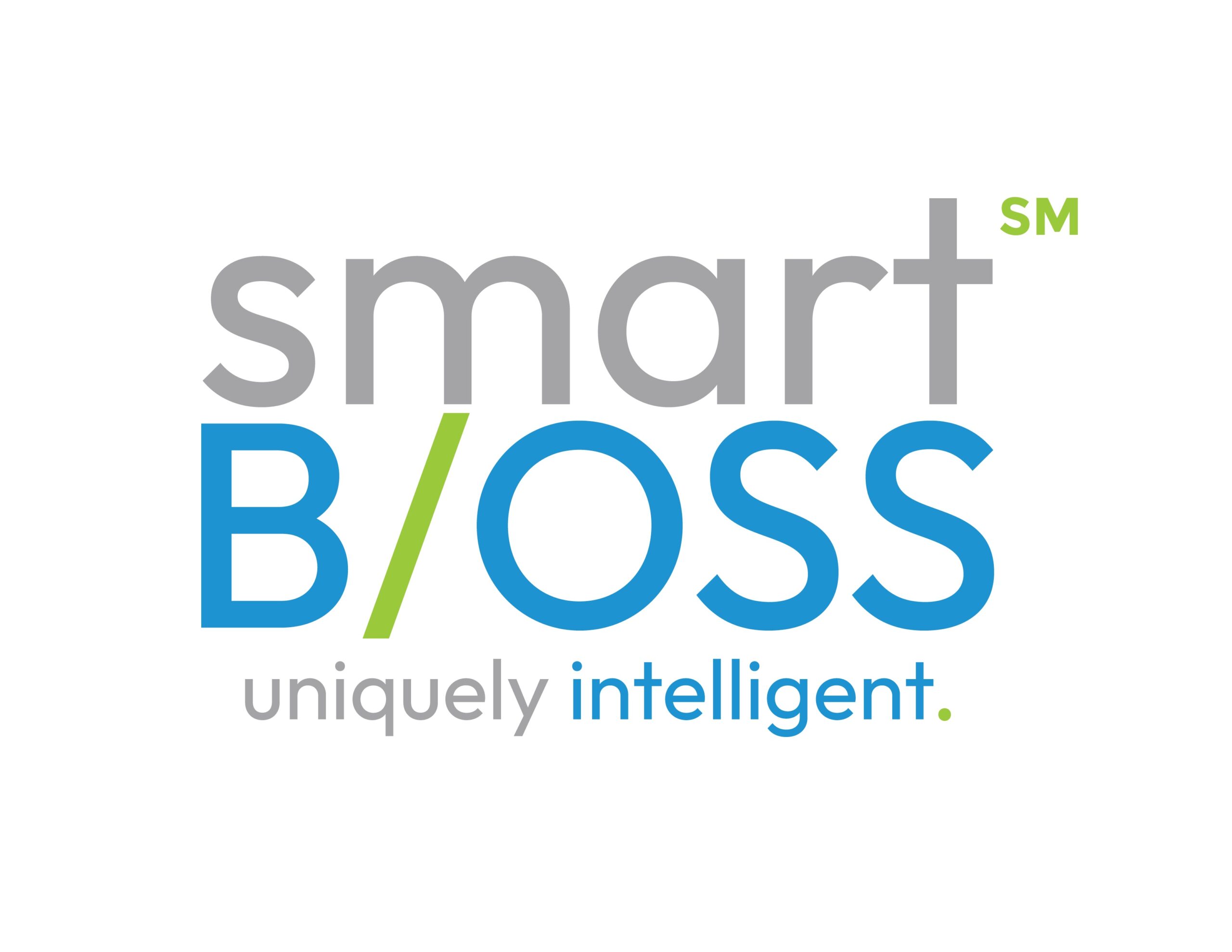ATLANTA, GA – March 9, 2021: The first survey of economic development professionals to highlight the impact COVID-19 has had on the determinants of local economic development also assesses telehealth’s impact on local economies, addresses the state of community broadband, and foresees how broadband and digital technologies can move communities past the effects of the pandemic. Read the full report here.
In partnership with the International Economic Development Council (IEDC), ETI Software and SizeUp, broadband industry analyst Craig Settles, of CJSpeaks, released its 2021 survey of economic development and broadband. Settles has worked with IEDC since 2006 to keep the finger on the broadband pulse.
“The report examines how COVID-19 is affecting what I call the determinant of economic development, those activities that push the economic development benefits out to a community,” says Settles. “What we found is a marked increase in support for telehealth as an economic development tool.”
Nearly half (41%) of respondents feel attracting more healthcare professionals to the community directs impacts local economies, whereas 26% believed so in 2019. The survey showed that 39% feel telehealth’s reducing ER visits is a significant economic benefit, while 24% felt similarly in 2019. Having more mental healthcare services stay local is a strong benefit for 32% of respondents, but just 24% said so in 2019.
Economist Bento Lobo conducted a 10-year study of Chattanooga’s fiber network that has led to $2.69 billion in economic benefits. He has researched extensively the role of broadband, telehealth, and public health. “Broadband access should be viewed public health issue,” Lobo says in the survey report. There’s a reason ‘broadband is a super-determinant of public health.’
Survey participants also were asked about telehealth in schools to treat both students and parents. 55% feel this is mostly qualitative but 27% feel this can have a direct impact. 34% strongly support telehealth to deliver more and better healthcare to low-income communities, but to get maximum economic benefit, another 24% feel the right support programs are required.
“A few more predictable outcomes addressed determinants that were negatively affected by the pandemic,” concluded Settles. “71% of survey respondents feel unemployment numbers rose, 68% believe it’s affecting companies’ ability to do business, 66% saw the pandemic adversely affect 12-K education, and 57% believe access to healthcare was impaired.”
There were a few positive determinants as well, as 56% of respondents felt that COVID has some positive impacts on telecommuting and home offices almost overnight. Workers reduced gas and other commute expenses, reduced traffic and lowered driving stress level. In fact, 38% of the heavily rural respondents felt positive about recruiting homeowners, probably due to the sense of an urban migration back to the rural areas.

ATLANTA, GA — ETI Software Solutions, a leading telecommunications software provider, is proud to introduce Broadband Label Genie (www.broadbandfacts.ai). On this automated platform, ISPs can easily stay in compliance with FCC Broadband Label requirements. “These labels are based on the familiar nutrition labels we see on packaged foods,” said Jeff Fraleigh, President, ETI Software. “It […]

ATLANTA, GA, August 8, 2023 — ETI Software Solutions, a leading provider of operations support systems and business support systems (OSS/BSS), announces Smart B/OSS, the world’s first intelligent OSS/BSS platform that utilizes artificial intelligence and cloud native technologies. Smart B/OSS helps broadband providers reduce network and system complexity while generating insightful actionable intelligence to help […]

ATLANTA, GA, May 2, 2023 — ETI Software Solutions, a leading provider of operations support system and business support system (OSS/BSS) software for more than 30 years, announces the launch of the world’s first intelligent OSS/BSS platform to help broadband providers streamline their operations while creating more engaging customers experiences. With this innovative technology, ETI […]